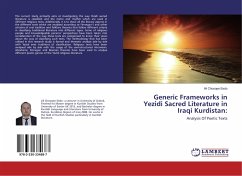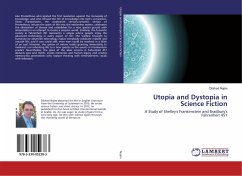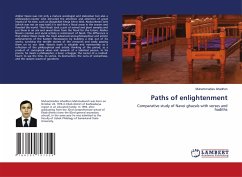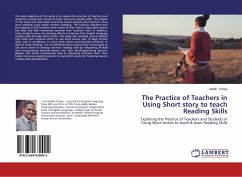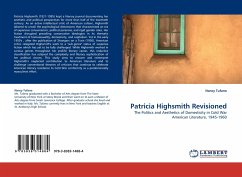
Patricia Highsmith Revisioned
The Politics and Aesthetics of Domesticity in Cold War American Literature, 1945-1960
Versandkostenfrei!
Versandfertig in 6-10 Tagen
32,99 €
inkl. MwSt.

PAYBACK Punkte
16 °P sammeln!
Patricia Highsmith (1921-1995) kept a literary journal documenting her aesthetic and political perspectives for more than half of the twentieth century. As an active intellectual critic of American culture, Highsmith labored to unveil the psychological dimensions that characterized an era of expansive consumerism, political paranoia, and rigid gender roles. Her fiction disrupted prevailing conservative ideologies in its thematic treatment of homosexuality, domesticity, and capitalism. Yet in the early 1950's , after the publication of Strangers on a Train (1950), American critics relegated Hig...
Patricia Highsmith (1921-1995) kept a literary journal documenting her aesthetic and political perspectives for more than half of the twentieth century. As an active intellectual critic of American culture, Highsmith labored to unveil the psychological dimensions that characterized an era of expansive consumerism, political paranoia, and rigid gender roles. Her fiction disrupted prevailing conservative ideologies in its thematic treatment of homosexuality, domesticity, and capitalism. Yet in the early 1950's , after the publication of Strangers on a Train (1950), American critics relegated Highsmith's work to a "sub-genre" status of suspense fiction which has yet to be fully challenged. While Highsmith worked in various genres throughout her prolific literary career, this reductive classification has eclipsed the complexity and literary sophistication of her political visions. This study aims to recover and reinterpret Highsmith's neglected contribution to American literature andto challenge conventional theories of criticism that continue to celebrate American literary resistance to Cold War conformity as a predominately masculinist effort.








